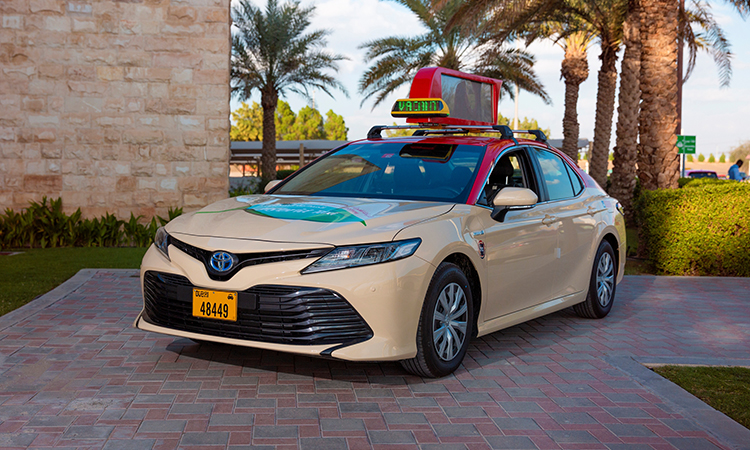In a groundbreaking move, the United Arab Emirates (UAE) is set to revolutionize transportation with its ambitious plan to launch flying taxis by 2026. These electric vertical takeoff and landing (eVTOL) aircraft, also known as flying taxis, are poised to transform the way people travel, potentially reducing 60-minute drives to a mere 10 minutes. This innovative initiative aligns with the UAE’s broader vision of becoming a global leader in smart and sustainable transportation.
The Pioneering Partnership with Volocopter:
The UAE took a pioneering step in 2021 by announcing a strategic partnership between its Roads and Transport Authority (RTA) and Volocopter, a German company specializing in eVTOL aircraft. This collaboration is set to take flight with a pilot project scheduled for 2023 and aims to launch a fully operational flying taxi service by 2026. Volocopter is at the forefront of developing electric-powered vehicles that can take off and land vertically, bringing the concept of flying taxis closer to reality.
Diverse Players in the Game:
Volocopter is not alone in this endeavor. Other companies, such as EHang, Joby Aviation, and Lilium, have expressed keen interest in launching their own flying taxi services in the UAE. These companies are diligently working on developing eVTOL aircraft capable of transporting up to four passengers, each contributing to the diverse landscape of futuristic transportation solutions.
Potential Impact on Transportation:
The introduction of flying taxis has the potential to revolutionize transportation in the UAE. By significantly reducing travel times, congestion, and pollution, these aerial vehicles could reshape the urban landscape. Additionally, flying taxis could play a crucial role in connecting remote areas to urban centers, addressing accessibility challenges in a country with diverse geographical features.
Challenges on the Horizon:
While the prospect of flying taxis is exhilarating, there are several challenges that must be addressed to make them a practical and safe mode of transportation. Developing comprehensive safety regulations, establishing vertiports (dedicated ports for takeoff and landing of eVTOL aircraft), and ensuring affordability for the general public are among the hurdles that require careful consideration.
Commitment to Innovation:
Despite the challenges, the UAE remains unwavering in its commitment to making flying taxis a reality. Heavy investments in research and development, coupled with collaboration with leading global companies, underscore the nation’s dedication to staying at the forefront of technological innovation. If successful, the UAE could proudly claim the title of being the first country in the world to implement a fully operational flying taxi service.
As the UAE charts a course toward a future where flying taxis seamlessly navigate the skies, the world watches in anticipation. The potential benefits, from reduced commute times to a cleaner environment, make this ambitious venture a beacon of innovation. The journey towards flying taxis may have challenges, but the UAE’s determined spirit and strategic partnerships position it as a frontrunner in the race to shape the future of transportation. The skies of 2026 might just be filled with the hum of electric motors as the UAE takes a bold leap into the future of urban mobility.




